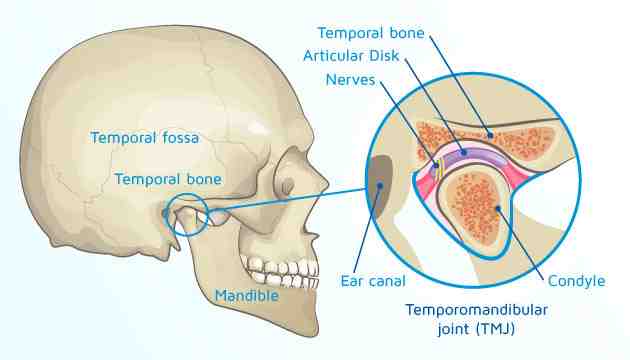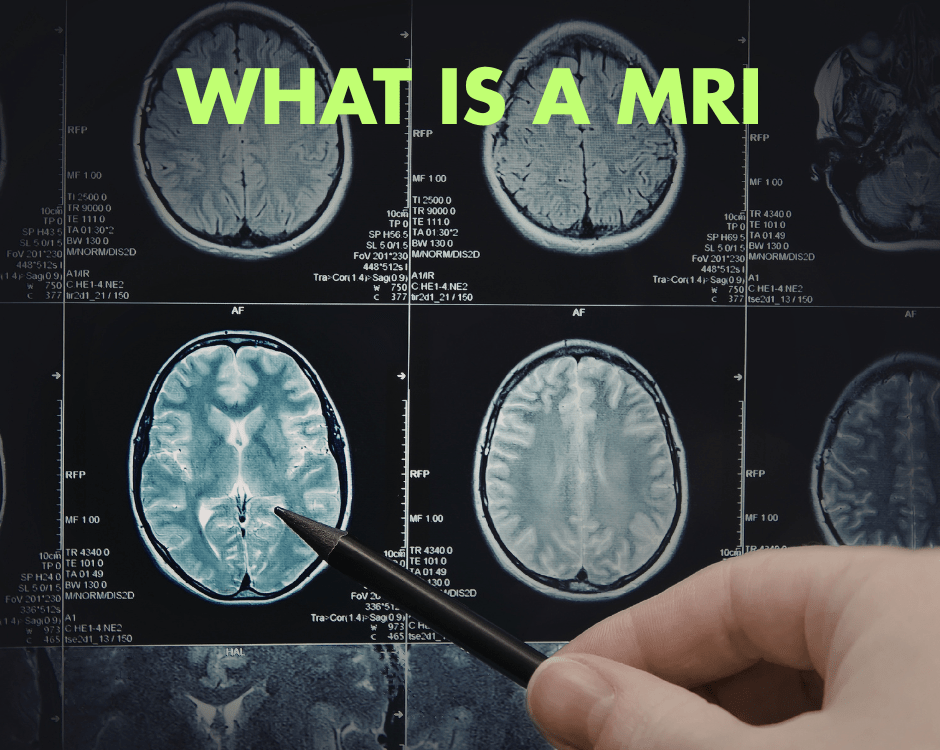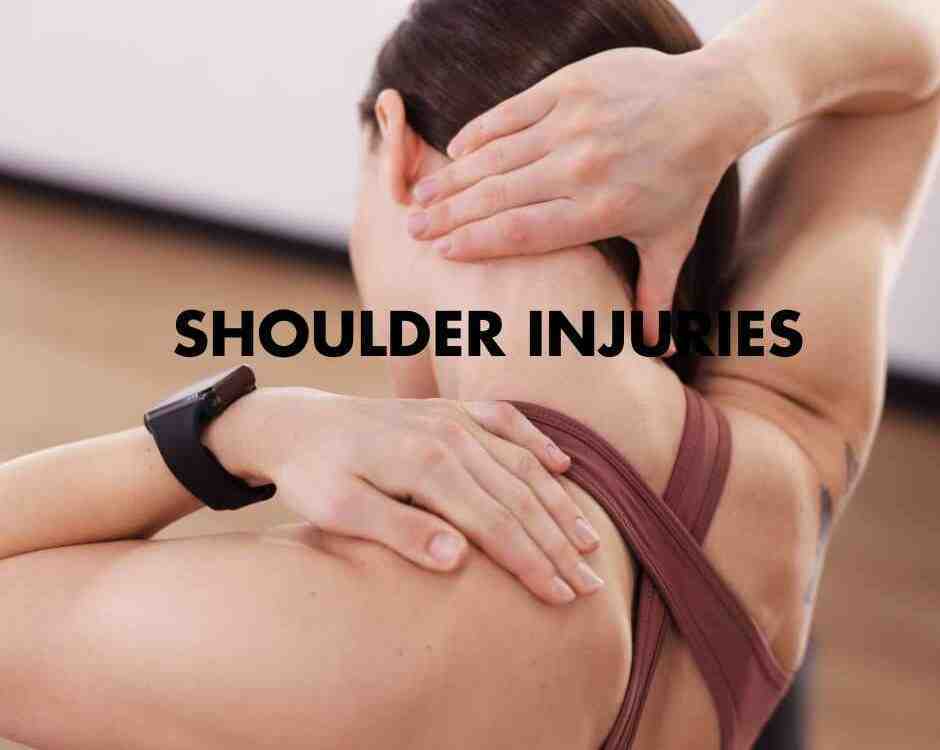Car Accidents and TMJ Injuries

Tips on Balance and Stability After Car Accidents
June 4, 2024
Tips on Keeping Cool at Night
June 4, 2024Car Accidents and TMJ Injuries
Car accidents are a traumatic experience and can leave people with physical and emotional scars that may last years. While injuries such as whiplash, concussion, and fractures are commonly associated with car accidents, one lesser-known outcome is a temporomandibular joint (TMJ) injury. TMJ injuries can be debilitating and overlooked in the aftermath of a car crash. Dr. Deryk Harting, a talented chiropractor at one of the highest rated auto injury medical care facilities, Chambers Medical Group of the Tampa Bay area, explains TMJ injuries in association with car accidents.
The temporomandibular joint is located on either side of the head just in front of the ears and acts as a hinge joint connecting the jawbone (mandible) to the skull. This joint allows for smooth movement of the jaw for functions such as chewing, speaking, and yawning. However, the impact of a car accident can cause sudden and forceful movements of the head and neck, leading to TMJ trauma.
One common cause of TMJ injury in car accidents is due to whiplash which is a rapid back-and-forth movement of the neck and head. This motion can strain the muscles, ligaments, and soft tissues surrounding the TMJ resulting in pain and inflammation. Additionally, direct impact to the face or jaw during a collision can damage the TMJ and cause dislocation or misalignment of the joint.
The symptoms of TMJ injury following a car accident may not be immediately apparent, as they can develop gradually over time. However, individuals involved in a car crash should be watchful for signs such as jaw pain/stiffness, difficulty chewing or fully opening the mouth, clicking/popping sounds in the jaw, headaches, ear pain, and facial swelling. If any of these symptoms persist or worsen after a car accident, seeking medical attention is important for accurate diagnosis and treatment.
Diagnosing TMJ injuries often involves a comprehensive evaluation by a healthcare professional. This evaluation may include a physical examination of the jaw joint, dental X-rays, CT scans, or MRI scans to assess the extent of the injury and rule out other possible causes. Based on a patient’s signs, symptoms, and/or positive findings, a referral to a dentist, oral surgeon, or maxillofacial specialist may also be warranted.
Once diagnosed, treatment for TMJ injuries can vary depending on the severity and specific symptoms experienced by the patient. In many cases, conservative measures such as rest, heat/ice therapy, pain medications, and physical therapy exercises can help alleviate symptoms and encourage healing. Additionally, wearing a custom-fitted mouthguard or splint may be recommended to stabilize the jaw and prevent further damage.
For more severe cases of TMJ injury, interventions such as corticosteroid injections, arthrocentesis (joint irrigation), or arthroscopic surgery may be necessary to repair or reconstruct the damaged joint tissues. However, these types of treatments are typically reserved for cases where conservative measures have failed or the TMJ damage is severe.
In addition to medical treatment, patients recovering from TMJ injuries following a car accident may benefit from other therapies such as acupuncture, chiropractic care, massage, or stress management techniques to reduce muscle tension and pain. It is key for patients to work closely with their healthcare providers to develop a comprehensive treatment plan tailored to their specific needs and circumstances.
In conclusion, car accident injuries to the temporomandibular joint can cause a variety of uncomfortable symptoms. Understanding how car accidents can affect the TMJ is essential for early recognition, diagnosis, and treatment of these often-overlooked injuries. By seeking early medical attention and utilizing appropriate treatment strategies, patients can maximize their outcomes and regain full function of the jaw joint.
— This article is written by Deryk Harting, DC, one of the members of Chambers Medical Group’s team of car accident chiropractors who offer a variety of treatments and therapies ranging from diagnostic testing to various soft tissue therapies for car accidents and injuries in Florida.
- Car Accident Medical Clinic in Tampa
- Car Accident Medical Clinic in Plant City
- Car Accident Medical Clinic in Brandon
- Car Accident Medical Clinic in Lakeland
- Car Accident Medical Clinic in Sarasota
- Car Accident Medical Clinic in Louisville
- Car Accident Medical Clinic in Lexington
- Car Accident Medical Clinic in Florence




